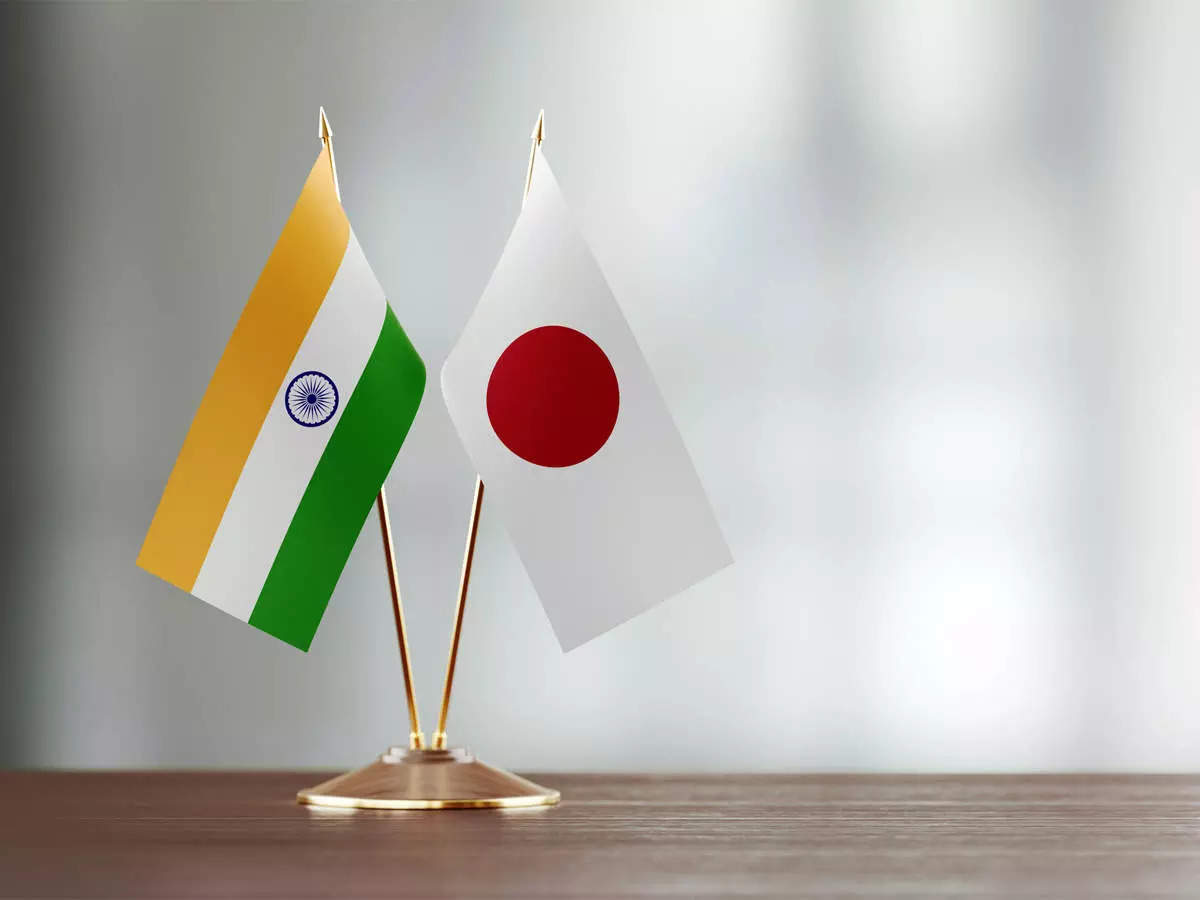Bilateral, Regional and Global Groupings and Agreements involving India and/or affecting India’s interests.
In News : Japan’s Foreign Minister writes: India and Japan, co-creators of new solutions
“India and Japan share ‘Special Strategic and Global Partnership’ based on the shared values of democracy, freedom and rule of law”. In this light evaluate the economic and strategic dimensions of India – Japan relation.
Japan-India Special Strategic and Global Partnership in 2014 has paved the way for a multifaceted relationship encompassing economic and strategic dimensions.
Economic Dimensions:
- Trade and Investment: India and Japan have witnessed significant growth in bilateral trade and investment. Japan is a major investor in India, particularly in sectors like manufacturing, infrastructure, and technology. India, in turn, has emerged as a lucrative market for Japanese goods and services.
- Economic Cooperation: Both countries have collaborated on various economic initiatives, including the India-Japan Economic Cooperation Agreement (EJCA), which aims to reduce trade barriers and boost economic ties.
- Technology Transfer: Japan has been a key partner in transferring technology to India, particularly in areas like manufacturing, infrastructure development, and renewable energy. Example: High-Speed Rail project
- Co-development Projects: India and Japan have undertaken several joint projects in sectors like infrastructure, manufacturing, and technology, fostering collaboration and knowledge sharing.The Industrial Value Chain concept, linking northeastern India to the Bay of Bengal, is a strategic initiative to enhance regional connectivity and economic development.
Strategic Dimensions:
- Security Cooperation: India and Japan have strengthened their security cooperation, including joint military exercises, information sharing, and intelligence cooperation. Both conducted the bilateral exercises of all the three services in one calendar year for the first time in 2023.
- Indo-Pacific Strategy: Both countries are committed to a free, open, and inclusive Indo-Pacific region and have worked together to counter China’s growing influence in the region.
- Defense Ties: India and Japan have expanded their defense ties, with Japan providing financial assistance for the modernization of the Indian military.
- Maritime Security: Both countries have collaborated on maritime security issues, including counter-terrorism and piracy.
Challenges:
- Despite their substantial economic sizes, India and Japan’s bilateral trade remains relatively modest. A notable trade imbalance exists, with Japan maintaining a significant export surplus to India.
- Japan’s economic interdependence with China can occasionally influence its stance on geopolitical matters, potentially leading to some divergence from India’s positions.
- While India and Japan have made significant strides in strengthening their defense partnership, the pace of development has been slower than anticipated
- India and Japan, though both in the Quad, have different strategic priorities. India prefers an independent foreign policy, while Japan aligns closely with US-led initiatives. This difference can sometimes lead to strategic tensions within the alliance.
As the world faces various challenges and stands at a turning point in history, the Japan-India relationship is expected to make a significant contribution to peace and stability in the Indo-Pacific and beyond.
| PYQ‘The time has come for India and Japan to build a strong contemporary relationship, one involving global and strategic partnership that will have a great significance for Asia and the world as a whole.’ Comment. 2019 GS2Economic ties between India and Japan, while growing in the recent years, are still far below their potential. Elucidate the policy constraints which are inhibiting this growth. 2013 GS 2 |

